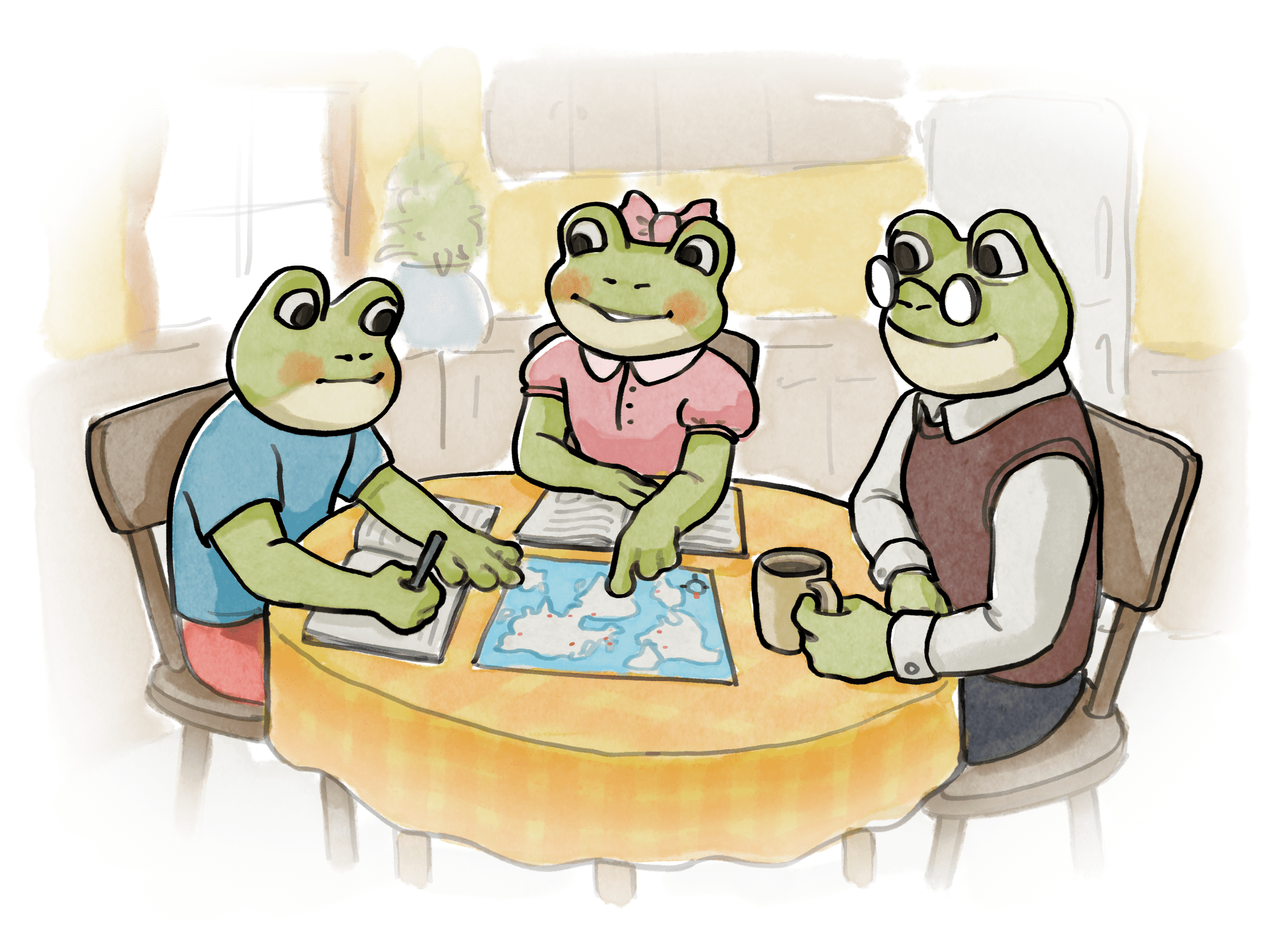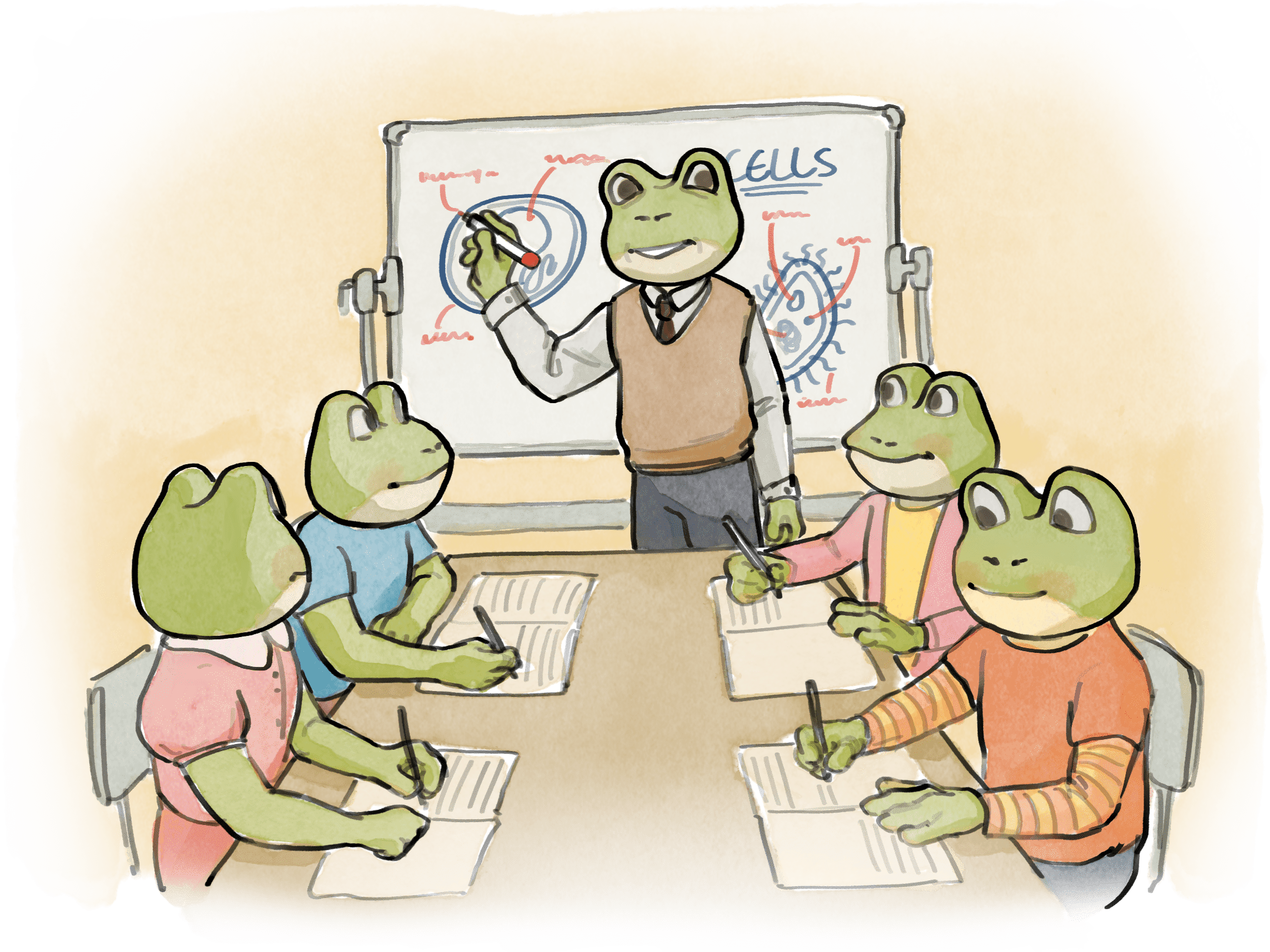Introduction
In today’s digital world, social media platforms have become an integral part of the lives of children and teenagers. While these platforms offer numerous benefits, they also present significant challenges, with cyberbullying being one of the most pressing concerns. This blog post explores the complex relationship between social media and bullying, its impact on children, and strategies to protect our young ones in the digital age.
Understanding Cyberbullying
Cyberbullying is a form of bullying that takes place online, typically involving the use of social media platforms, text messages, or other digital communication channels. It can manifest in various ways, including harassment, humiliation, threats, and the spread of hurtful content. The anonymity provided by the internet often emboldens bullies to engage in harmful behaviors they might not pursue in person.
The Impact on Children
- Emotional and Psychological Toll: Cyberbullying can have severe emotional and psychological consequences for children. Victims often experience anxiety, depression, low self-esteem, and a sense of isolation. The constant barrage of hurtful messages and public humiliation can be emotionally devastating.
- Academic Consequences: Cyberbullying can disrupt a child’s ability to focus on their studies, leading to a decline in academic performance. The fear of encountering bullies online can make it difficult for students to engage in learning.
- Social Withdrawal: Children who are victims of cyberbullying may withdraw from social interactions, both online and offline, to avoid further harm. This can hinder their social development and lead to feelings of loneliness.
- Long-term Effects: The effects of cyberbullying can extend into adulthood, with victims carrying emotional scars and trauma well into their future. It can affect their relationships, mental health, and overall quality of life.
Protecting Our Children
- Open Communication: Maintain open and honest communication with your children about their online activities. Encourage them to share their experiences, concerns, and any incidents of bullying they may encounter.
- Education: Teach children about the consequences of cyberbullying, both for the victims and the bullies themselves. Help them recognize the signs of bullying and how to respond appropriately.
- Privacy Settings: Review and adjust privacy settings on your child’s social media accounts to limit who can interact with them online. Ensure they understand how to use these settings themselves.
- Encourage Reporting: Let your children know that it’s crucial to report any incidents of cyberbullying to you, school authorities, or the platform administrators. Reporting is often the first step in addressing the issue.
- Monitor Online Activity: Keep an eye on your child’s online interactions without invading their privacy. Monitoring software and parental control apps can help you strike the right balance.
- Promote Empathy: Teach your children the value of empathy and kindness. Encourage them to stand up for others who may be victims of cyberbullying and to report inappropriate behavior when they see it.
- Seek Professional Help: If your child is a victim of cyberbullying and is experiencing severe emotional distress, consider seeking the assistance of a mental health professional to provide the necessary support and guidance.
- Set a Positive Example: Children often learn from their parents’ behavior. Model positive online behavior and treat others with respect and kindness, both in person and on social media.
Conclusion
Social media and bullying among children are issues that parents and caregivers must address in the digital age. While the internet offers valuable opportunities for learning and connection, it also presents challenges, such as cyberbullying. By staying informed, maintaining open communication, setting privacy settings, and promoting empathy and responsible online behavior, we can protect our children and help them navigate the digital world safely. It is our collective responsibility to create a supportive and respectful online environment for the next generation, fostering healthy relationships and well-being in the digital age.
Follow us on Facebook! https://www.facebook.com/people/Homeschool-Network-UK/100085124636643/




